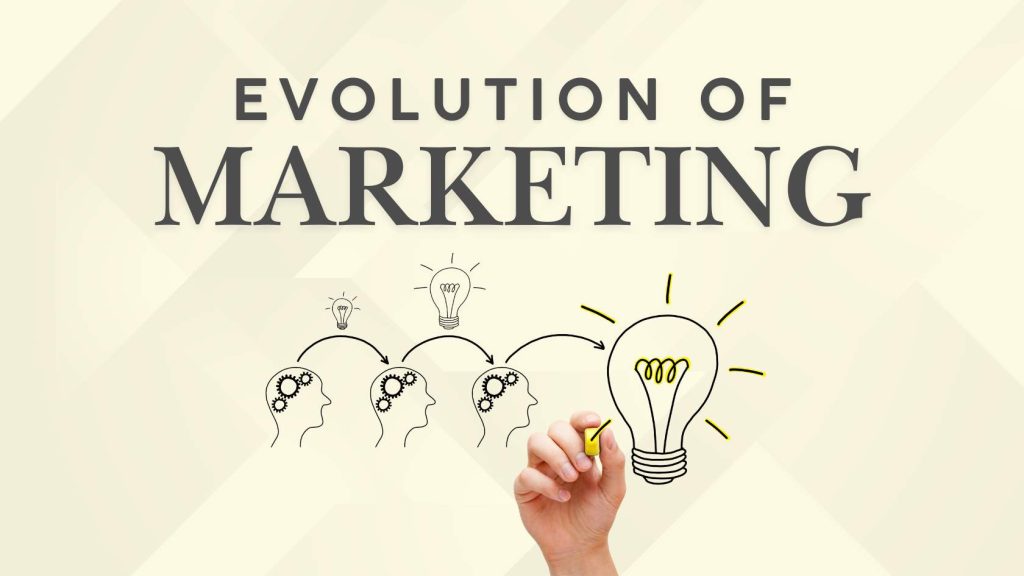In the fast-evolving world of digital marketing, Google has continuously introduced innovative tools to help advertisers reach their audience more effectively. Among the most groundbreaking changes in recent years is the introduction of the Performance Max campaign—a shift that is redefining advertising strategies, performance measurement, and campaign management.
This article dives deep into how Performance Max campaigns are revolutionizing the way marketers approach advertising on Google and what it means for the future of digital marketing.
📌 What Is a Performance Max Campaign?
Launched globally in November 2021, Performance Max (often abbreviated as PMax) is a goal-based campaign type that allows advertisers to access all of Google’s ad inventory—Search, Display, YouTube, Gmail, Discover, and Maps—through a single campaign.
Unlike traditional campaigns that rely heavily on manual targeting and keyword bidding, Performance Max uses automation and machine learning to optimize ad delivery in real-time, based on the advertiser’s specific conversion goals.
🔍 Key Features of Performance Max
- Cross-Channel Reach
Reach potential customers across all Google platforms from a single campaign. - Smart Automation
Utilizes Google AI for automated bidding, audience targeting, creative optimization, and budget allocation. - Real-Time Optimization
Ads are served where they are most likely to convert, based on real-time performance data. - Audience Signals
Advertisers can input first-party data to help Google’s algorithm jumpstart the optimization process. - Asset Group Flexibility
Multiple creatives (text, images, videos) are combined and tested to determine the highest-performing ad combinations.
📈 Performance Max by the Numbers (Real Data)
- According to Google internal data, advertisers who used Performance Max saw an average 13% increase in total conversions at a similar cost per action (CPA).
- Search Engine Land reported that brands in eCommerce saw conversion value increases up to 22% when shifting from Smart Shopping to Performance Max.
- Retail advertisers using first-party audience signals saw better ROAS due to enhanced targeting accuracy.
⚙️ How PMax Is Transforming Advertising Measurement
1. End of Keyword Dependency
Traditional Google Ads campaigns were heavily reliant on keyword-based strategies. Performance Max shifts the focus from keywords to audience intent. This means:
- Broader reach without exhaustive keyword research.
- Better targeting using AI-driven audience insights.
2. New Measurement Metrics
Performance Max introduces new insights reporting to help marketers understand:
- Which asset groups are performing best.
- How different audience signals contribute to performance.
- Channel-level performance breakdowns (in beta for many users).
Google also introduced “conversion uplift modeling”, which estimates incremental value from PMax campaigns beyond other efforts.
3. Smarter Attribution
Google Ads now uses data-driven attribution by default, giving credit across multiple touchpoints instead of just the last click. This offers a more holistic view of how campaigns contribute to conversions.
🛠 Real-World Use Case: eCommerce Retailer
A U.S.-based eCommerce brand selling fitness apparel switched from Smart Shopping to Performance Max in Q1 2023. The results:
- ROAS increased by 18%.
- Cost per conversion decreased by 14%.
- Conversion value increased by over $72,000 in a single quarter.
The improvement came from leveraging high-quality creative assets, implementing customer lists, and optimizing for high-margin products.
⚖️ Pros and Cons of Performance Max
| Pros | Cons |
|---|---|
| Simplified campaign management | Limited control and transparency |
| Higher conversion rates | Black-box nature of algorithm |
| Access to full Google inventory | Requires strong creative assets |
| Real-time optimization | Complex reporting for agencies |
🔮 The Future of Advertising with Performance Max
As first-party data becomes more important and third-party cookies phase out, Performance Max positions itself as a future-proof solution. It aligns perfectly with trends like:
- Privacy-centric advertising
- AI-driven automation
- Omnichannel consumer journeys
Google has also hinted at future updates including more transparency, audience segmentation, and integration with GA4, which will further empower advertisers to make data-driven decisions.
📌 Final Thoughts
Performance Max is not just another campaign type—it’s a paradigm shift in how digital advertising is planned, executed, and measured. For marketers and business owners, adapting to this new model is no longer optional; it’s essential to stay competitive.
While there are still challenges—particularly around transparency and control—the benefits of automation, cross-channel reach, and conversion-driven optimization make Performance Max a game-changer in the world of Google Ads.
💡 Ready to Leverage Performance Max?
If you’re looking to scale your campaigns and need expert guidance, feel free to contact me to get a tailored strategy for your business using Google’s most powerful advertising tool yet.


